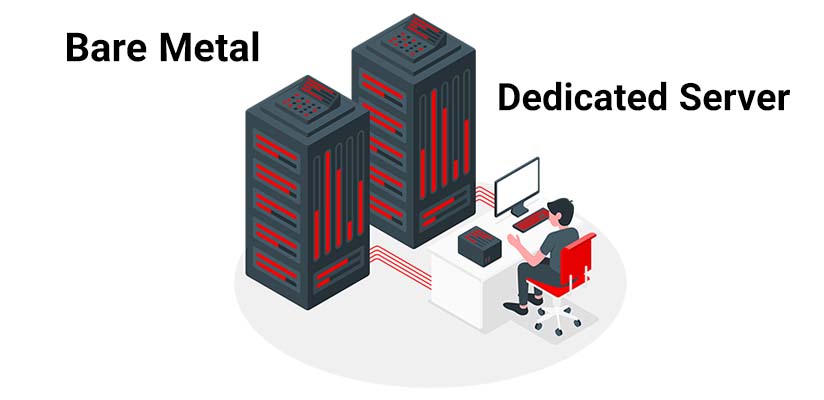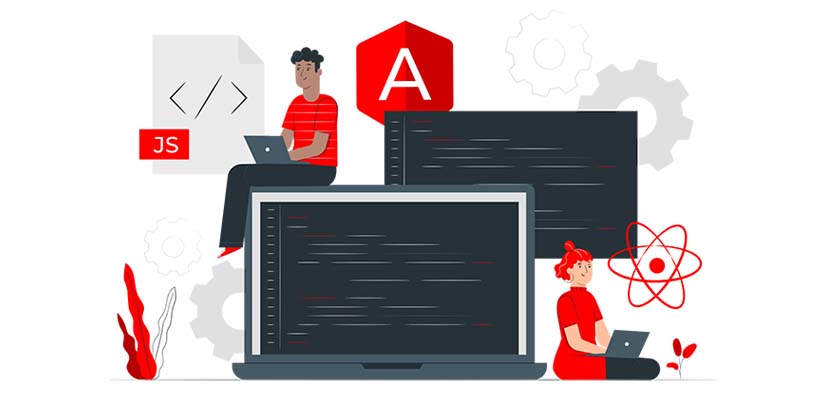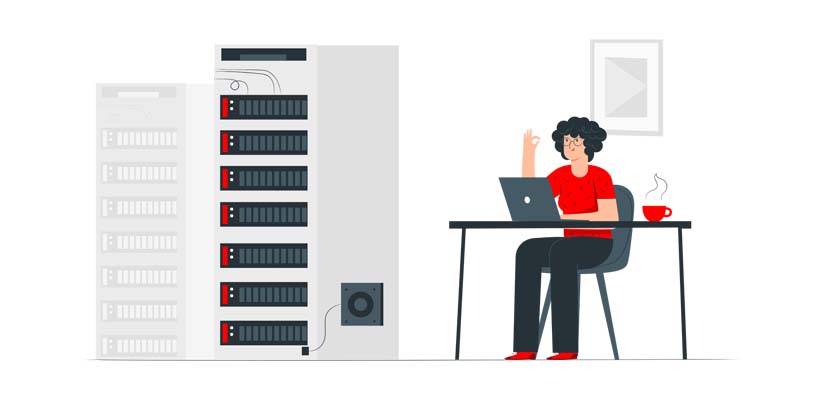Bare Metal Server vs Dedicated Server: Which Is Better?

It is fair to assume that selecting the most appropriate server is critical to the success of a company’s operations. Are you having trouble choosing whether to buy a bare metal server or buy a dedicated server? In this article, we would like to clarify all of the fundamental distinctions between bare metal server vs dedicated server; these two hosting choices, allowing you to make the most informed selection possible based on your specific requirements.
As of today, in the world in which we live, technology has, to some extent, changed our way of life. With the most recent innovations and advances, technology is never afraid to experiment with and develop new methods that have the potential to transform the way we do things. Moreover, when it comes to doing business online, servers have played an incredibly important part in the completion of many activities quickly and effectively. We have observed an increase in the use of bare metal servers in this area over the past several years. However, a significant number of individuals are still perplexed by the differences between bare metal vs dedicated servers.
Understanding the distinctions and similarities between these dedicated hosting services is essential to unlocking the appropriate technology for your company’s specific needs and requirements. Nonetheless, before going further, it is necessary to first understand exactly what bare metal and dedicated servers are.
What is A Dedicated Server, and How Does It Work?
Dedicated servers are physical servers that are used to host the applications and services of a single hosting tenant. To put it another way, dedicated servers are expensive. The user has complete control over the architecture of these physical computers, unlike virtual servers, and may customize them to meet specific needs.
Users that utilize a dedicated server do not have to share their physical space with anybody else and have complete control over the actual computer they use. When it comes to high-traffic websites, web apps, and any other hosting situations where speed is critical, dedicated servers are often the best choice. Because of their high performance and devoted resources, dedicated servers are regarded to be one of the most high-performance hosting solutions available today.
What is a Bare Metal Server, and How Does It Work? (Bare Metal Server Definition)
In the realm of web hosting, bare-metal servers are now a very popular subject of discussion. They are also physical servers that are devoted to a single tenant and do not have a virtualization layer in the midst of things. Many of the same advantages as conventional dedicated servers are available with bare metal, but each function is enhanced by the use of improved provisioning protocols.
In addition, the performance of these physical servers may be tailored to meet the requirements of a single-tenant environment. Despite this, customers will be able to enjoy their web hosting more quickly than ever before thanks to the improved provisioning implemented across the board. In the short term, this dedicated hosting service has already started to provide its services in high-demand activities, and it is anticipated to grow in popularity in the next months and years. But what are the major differences between a bare metal server vs dedicated server?
The Difference Between the Two Methods of Operation

In the past, conventional dedicated servers were well-known for being time-consuming and difficult to manually supply due to their complex architecture. Fortunately, as a result of the advent of new technologies, this situation has improved. Due to the fact that bare metal servers are specifically intended to automate the provisioning process, they may be set up in a shorter amount of time.
Furthermore, a bare metal server is usually made up of a number of dedicated servers that work together in unison under the control of a hypervisor. It is possible for each individual dedicated server to share resources with other dedicated servers because of this one-of-a-kind configuration of the virtual machine. This allows the dedicated servers to perform in ways that would be impossible for a single dedicated server to accomplish alone. So, in other words, bare-metal vs dedicated server may not seem that different compared to one another except in a few areas.
The Difference Between Hardware and Software
If we look at the hardware itself, a cheap bare metal server offers a distinct competitive advantage over a conventional dedicated server. Barring the latest generation of Intel Xeon processors or DDR4 Random Access Memory with Error Correcting Code (ECC), a cheap bare-metal server is equipped with the most up-to-date technology. As a result, NVMe solid-state drives (SSDs) are being utilized in these servers instead of conventional SATA SSDs and hard drives, resulting in better storage technology.
The following are the cost differences
The most significant distinction between bare metal servers and dedicated servers is the difference in price or cost. There are convenient payment plans available for dedicated servers, which enable you to set up monthly or annual contracts that can be readily compared in terms of overall cost throughout the industry.
On the other hand, bare-metal servers provide more flexible per-hour pricing options, allowing you to pay only for the resources that you really use. This approach is excellent for websites and apps that get a large volume of traffic during peak hours since it allows them to manage expenses directly.
Which one is preferable?
The use of bare metal servers or dedicated servers is not always the best option in every situation or for everyone. In today’s business climate, choose between one or the other should be based on whatever best fits your company’s business strategy. For example, bare metal is a preferable choice if you require a cost-effective server for a website that has seasonal traffic spikes or if you are mainly concerned with the deployment of the server.
However, despite their widespread use, bare metal servers are not always the ideal option for every kind of company or organization. However, if you need the quickest, most powerful, and most adaptable server possible, then bare metal is the best option for your needs.
What Are the Benefits of Using a Bare Metal Server?

Here are some of the factors that contribute to the conclusion that a bare metal server is the best option for your company’s requirements.
- Improved Dependability: Because you are not sharing resources with any other tenants, you will experience improved reliability. Bare metal construction also allows you to avoid the “noisy neighbor effect.”
- Better Physical Security: Dedicated bare-metal servers are usually regarded to be more physically secure than virtualized servers. Accessing the virtual machine’s memory or storage needs physical access to the computer, and the user has full control over the virtual machine.
- Improved Performance: By combining high processing power with a single-tenant environment, you can optimize the physical server’s resources for your business workloads, allowing it to operate flawlessly in accordance with your specific needs.
- Utility-style billing: Because bare metal servers may be installed and shut down on demand, you only have to pay for the resources that you really utilize. As a result, it is a more scalable, more cost-effective, and more readily customized kind of dedicated hosting service.
Conclusion
The bottom line is that both of these servers are excellent choices, but when it comes to deciding which is superior, it all comes down to your particular server requirements. While there is no question that bare metal servers offer the finest least expensive technology, they also need the use of high-class dedicated resources due to the high cost of the components. Most site administrators find traditional dedicated servers to be very useful in this situation since they provide continuous operations at a known price.
In addition, if you need anything for producing in a low-performance environment, dedicated servers are the ones you should choose. If you buy a bare metal server in this kind of situation would only result in a waste of money because of the high cost of production. Although investing in bare metal servers is not for everyone, if you are technically knowledgeable and you operate websites with a high volume of traffic, and if server provisioning is a major issue for you, then investing in Bare Metal servers is the best option for you. Not only will this be more effective, but you will also get a much higher return on your investment.

